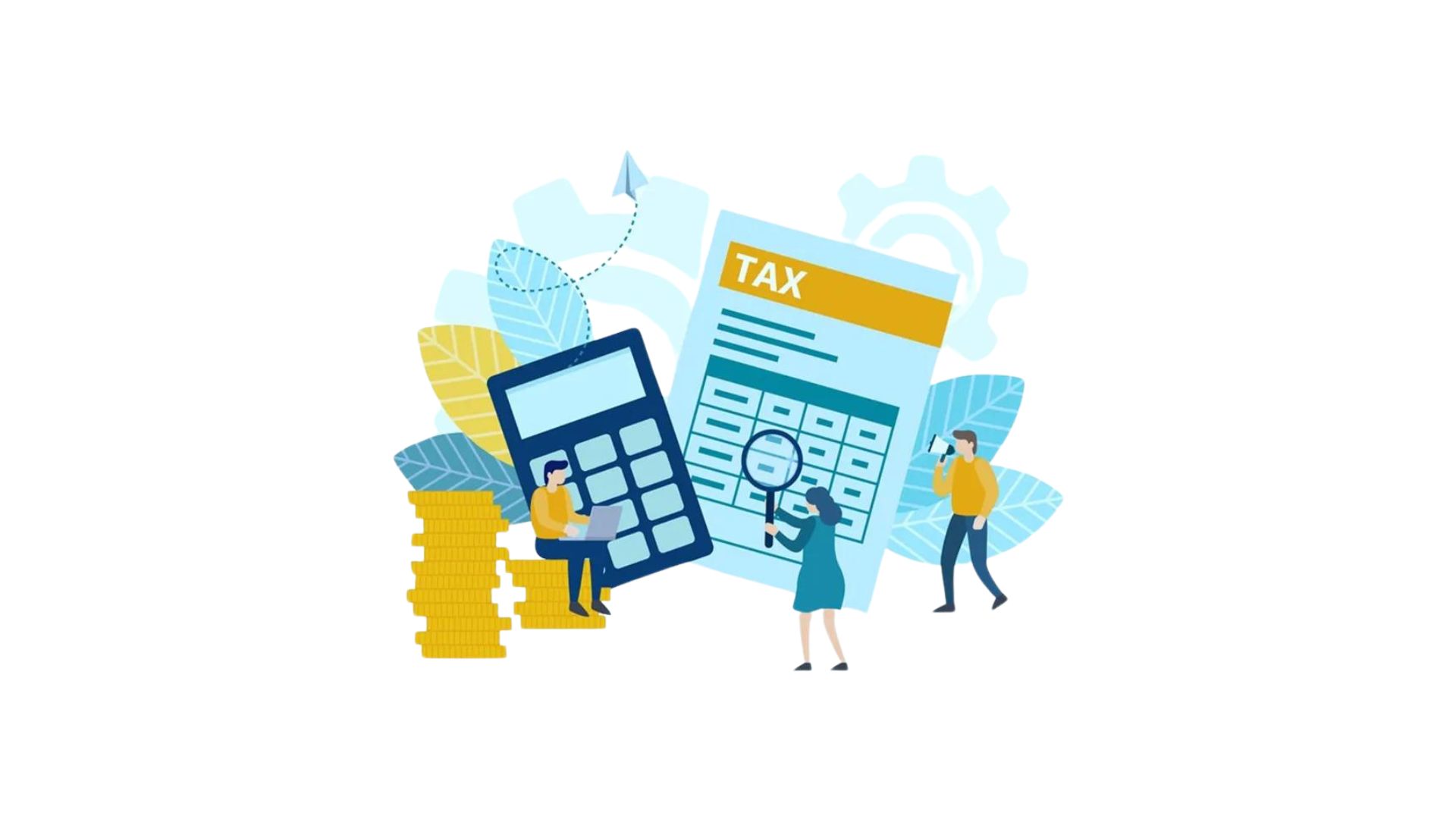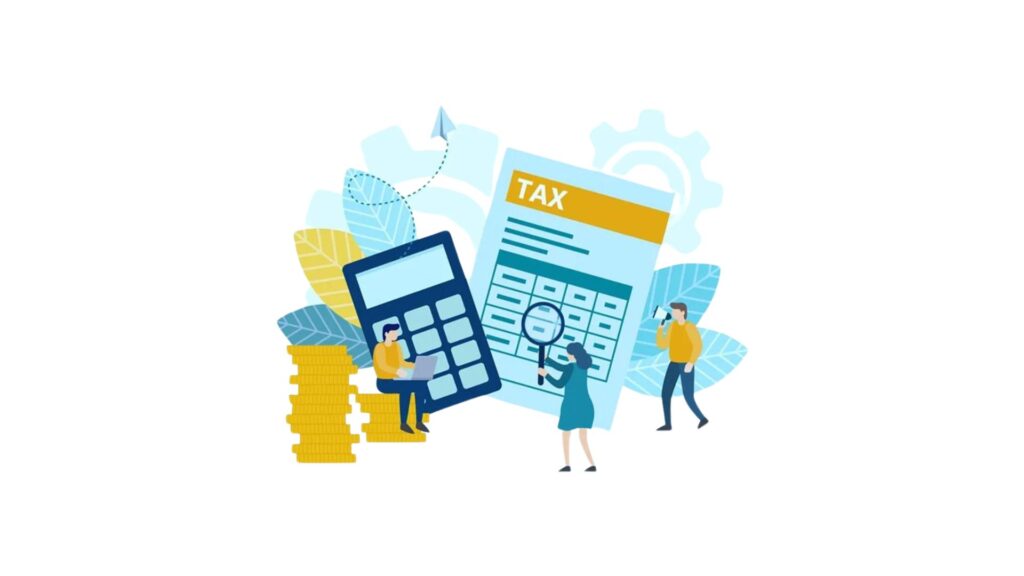
22 Jun Higher Tax Rates for Futures and Options Income

The government is contemplating measures to curb retail participation in the futures and options (F&O) segment. Potential steps include reclassifying F&O income from ‘business income’ to ‘speculative income’ and possibly introducing a tax-deductible-at-source (TDS) in the upcoming Budget, according to informed sources.
Concerns have been growing among the government and regulators regarding the surge in retail investors participating in the derivatives market. There is a fear that a market correction could result in significant losses for retail investors, adversely affecting overall market sentiment.
Reclassifying F&O income as ‘speculative income’ would be a significant shift, placing it on the same level as lottery or cryptocurrency investments. Currently, income from F&O transactions is taxed as business income, which is added to business or salary income and taxed according to the applicable slabs of 5%, 20%, and 30%. One advantage of this classification is that gains can be offset against other losses. “Under the current system, business owners can offset F&O profits with losses from other business activities, and vice versa,” explained a lawyer.
However, if F&O income is moved to the ‘speculative income’ category, losses could only be offset against gains from F&O trading, similar to the treatment of cryptocurrency losses.
“As F&O trading is primarily speculative, the government aims to discourage retail investors, whose decisions are often influenced by informal sources rather than thorough research,” noted a lawyer.
Another potential measure is the introduction of TDS, a strategy the government has favored in recent years. The 2023-24 Budget introduced TDS on cryptocurrencies and the liberalized remittance scheme (LRS).
Implementing TDS for the F&O market would allow the government to track investors more effectively. Additionally, the requirement to claim TDS amounts while filing returns might serve as a deterrent. Tax experts suggest that a flat 30% tax on F&O income, similar to the tax on cryptocurrency income, might also be considered.
This move comes amid concerns from the government, regulator, exchanges, and fund houses about the relentless increase in retail trading volume in the derivatives market.
About a month ago, Finance Minister Nirmala Sitharaman expressed concern, stating, “Any unchecked explosion in retail trading in F&O can create future challenges not just for the markets, but for investor sentiment and household finances.”
The Finance Minister’s comments were a stark warning to the market, marking the first such statement from a senior government official regarding derivatives trading.
Recently, Reserve Bank of India Governor Shaktikanta Das also commented on the issue, indicating that both the RBI and the Securities and Exchange Board of India (Sebi) are monitoring the high trading volumes in the F&O segment. While he ruled out any overheating in the financial market, he stated that Sebi would take action if necessary. He added that the issue was discussed with Sebi during the Financial Stability and Development Council (FSDC) meeting.
“Options and futures volumes are larger than the nominal GDP of the country. We have discussed this with Sebi, and they will address it,” Das said at an event.
Although the growing number of retail investors in the F&O market is not inherently problematic, a Sebi report indicates that around 90% of retail investors lose money in the derivatives market.
Source: Financial Express


No Comments